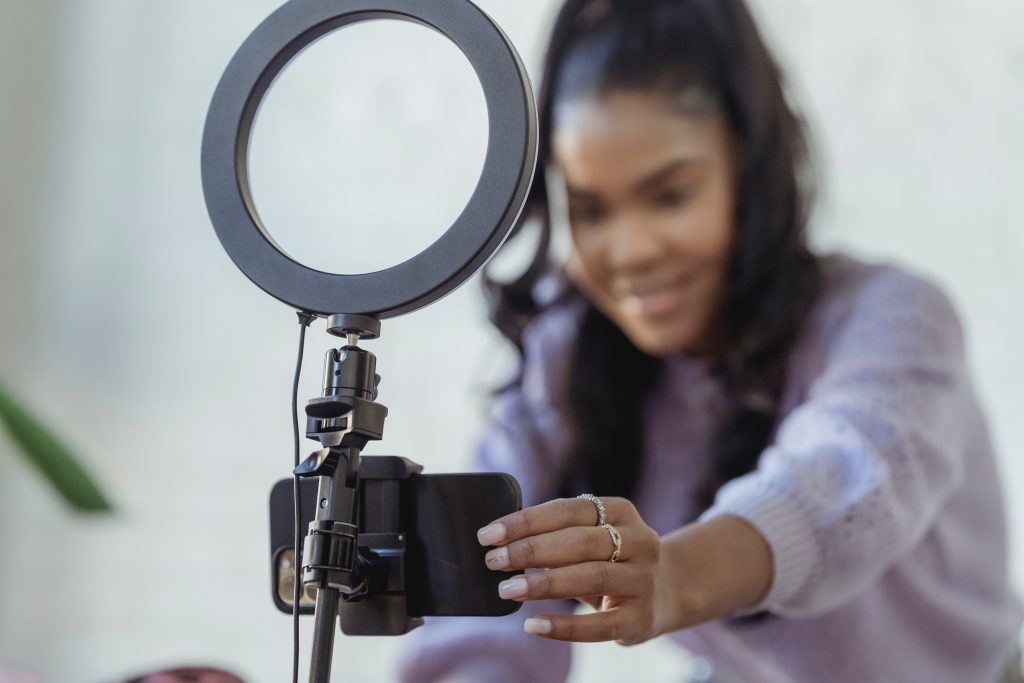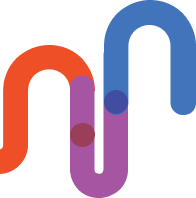
In an increasingly polarised world, our digital spaces are often mirrors of the social divisions around us. The recent wave of online backlash surrounding European elections, debates around migration, and global conflicts has highlighted how digital platforms can quickly become battlegrounds for misinformation, hate speech, and exclusion.
Yet, these same platforms also hold the potential to foster inclusion, dialogue, and peacebuilding—if mediated thoughtfully.
At INCLUDE ME+, we believe that digital media should be a force for connection rather than conflict. Through our research, educational tools, and training programmes, we are helping to equip educators, civil society, media professionals and young people with the tools to navigate these complex spaces ethically and inclusively.
Take, for example, the recent surge in community-led digital storytelling initiatives across Europe. In places like Finland, Ireland and Ukraine, local media collectives and grassroots organisations are amplifying the voices of marginalised groups—refugees, youth, LGBTQ+ communities—through podcasts, video storytelling, and citizen journalism. These stories are not just content—they are acts of digital peacebuilding.
However, this work is not without challenges. The line between free expression and harmful content remains fraught. The EU’s Digital Services Act (DSA), which recently came into force, is one attempt to strike this balance—holding platforms accountable while preserving user rights.
That’s why mediation in media matters. It’s not about silencing voices—it’s about equipping users, especially those at risk of exclusion, with the skills to engage safely and constructively. It’s about empowering educators and content creators to promote respectful discourse. And ultimately, it’s about using digital media not to divide—but to build bridges.
Explore our training programme and new research outputs from WP2 to learn how you can become a responsible digital mediator in your community.
Together, we can reimagine the role of digital media in shaping a more inclusive Europe.
Written by Kathryn O'Brien (EUEI)



